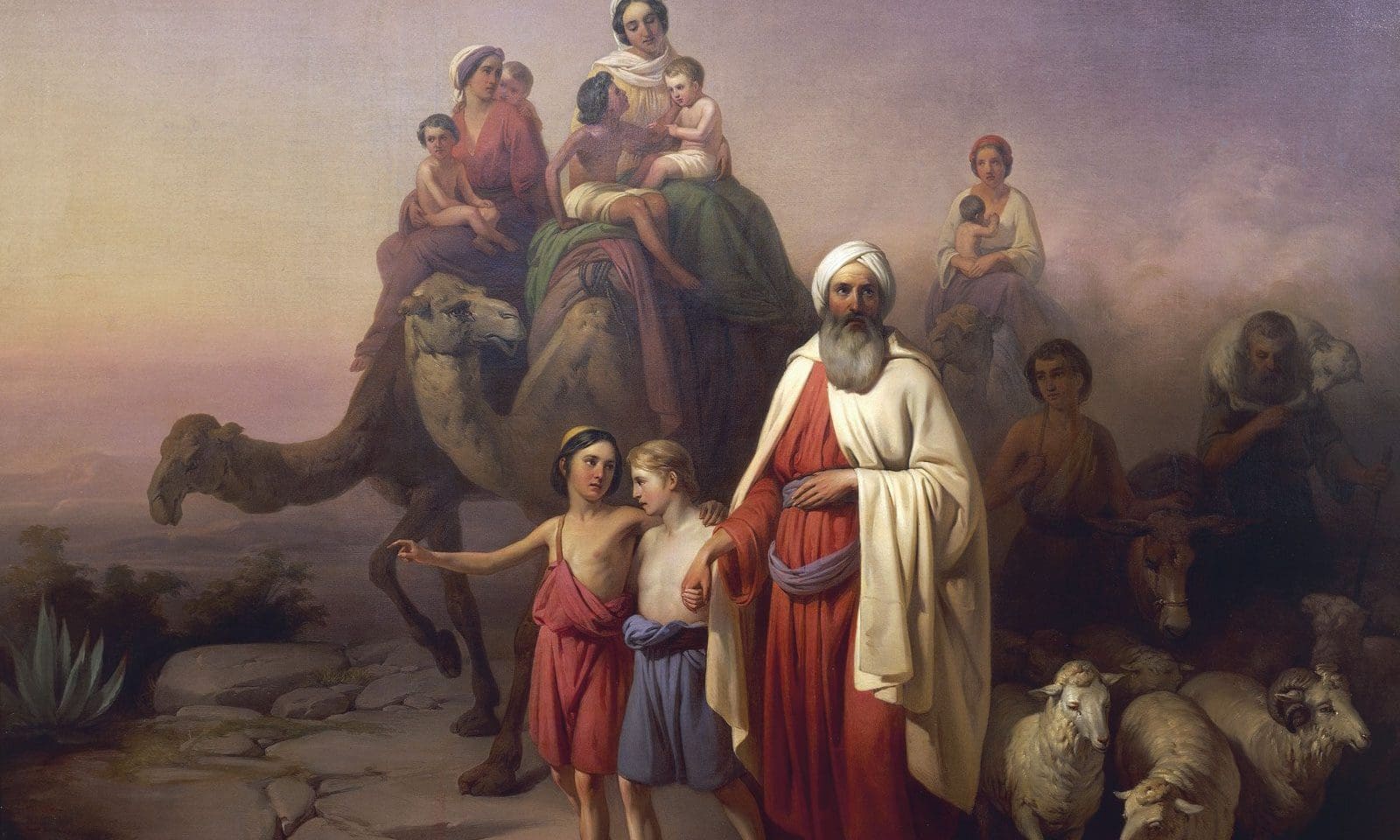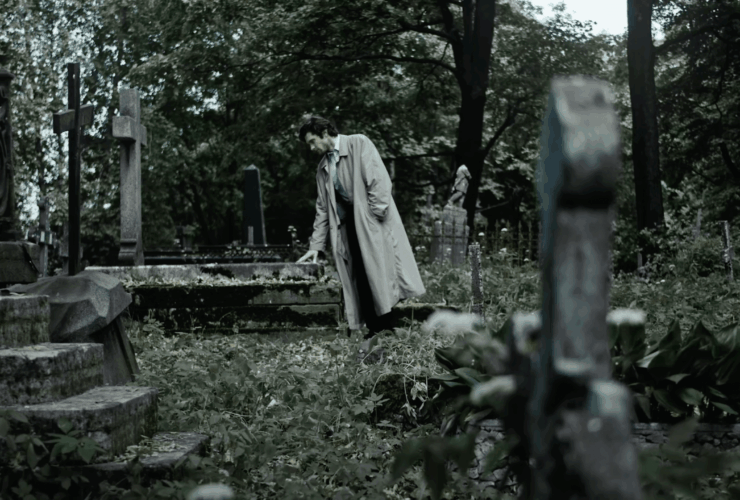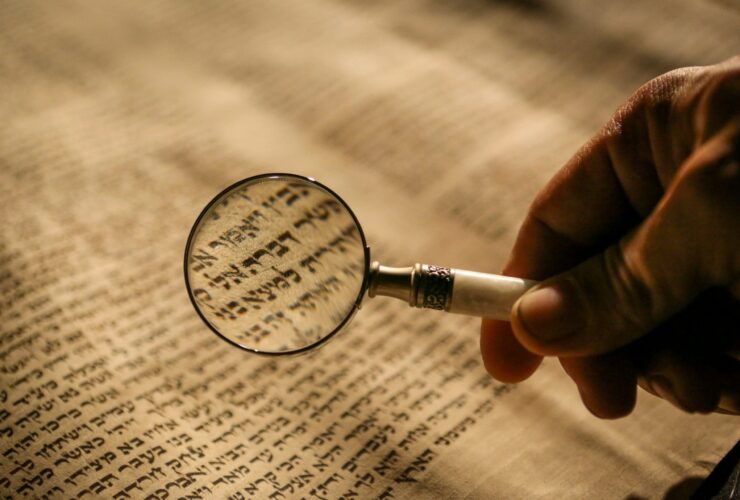Our modern western culture is fundamentally different than the culture we see represented in the Bible. We are separated by time, distance, custom, and structure. In the modern West we have endowed our governments or states with considerable responsibility, and the power to enact those responsibilities on our behalf: The government regulates, aides, and protects.
Biblical Israel, on the other hand, was a part of the ancient Near East whose societal structure was instead based around the family. It was a tribal and patriarchal system. This means the responsibility for the economic, legal, and physical security of the family was entrusted to the oldest male member of each family or household: He regulated, aided, and protected. Extended families lived together in order to survive. They would grow their own food in crops and animals, they shared the responsibilities of harvest, grinding grain, making clothing, and all the daily necessities of life.
In Israel, it’s believed that multiple individual family homes for a couple and their children would be built around a central courtyard, enabling up to thirty close relatives, a patriarch and matriarch, their children and spouses, and their children to live and work together. When the family grew too large, it would split and become two family units (as we see reflected in the account of Lot separating into his own household when his family grew too large to stay with Abram). This arrangement, as well as the physical family itself was referred to as the “father’s house” reflecting the responsibility given to and authority expected from the oldest male member of a house, the “father.” This makes sense of the custom of the firstborn’s inheritance that is also seen in the Bible. The firstborn son of a father would one day become the patriarch himself, responsible in every way for the survival and morality of his other family members. This is why the firstborn was given a double inheritance, rather than an emotional favor, this practice prepared the son with the physical resources he would need to care for the family.
“The firstborn son of a father would one day become the patriarch himself, responsible in every way for the survival and morality of his other family members.”
This societal structure also makes sense of why people were identified as the son of their father. As your legal, moral, and social standing depended on him, and he was responsible for your actions whether good or bad (Genesis 11:31). He had a societal obligation to take care of your needs, to protect you, and to spend family resources, if necessary, to get you out of trouble. Male members of a household were expected to always stay with the family while women would switch allegiances. When they married, they would integrate into their husband’s family, becoming a member of his or his father’s house, and therefore her societal and physical protection and moral accountability would be transferred to that patriarch.
This system worked for family units, but it did leave some members of society vulnerable, mainly widows, orphans, divorced women. For women whose husbands divorced them, they would be expected to return to their father’s family, or whomever was currently its patriarch, the bride price that her ex-husband had paid to her father or brother would then hypothetically have made up for her financial needs.
Foreigners, widows, and orphans were particularly vulnerable in this system. Without a larger safety net of family, they could be left without a means of provision and almost no hope of acquiring provision in the future. These vulnerabilities explain the custom of Levirate marriage, or brother marriage, that we see appear in the Bible (Deuteronomy 25:25-6). If a woman was widowed without having a child, but was of childbearing age, her dead husband’s brother would take her into his household, so that she would have immediate provision, and would have a son with her that would bear his dead-brother’s name. This ensured that the woman would also have future provision as that child would inherit their legal father’s estate. It also explains the Bible’s legislation in the Mosaic law that is meant to protect the foreigner, widow, and the orphan (Deuteronomy 24:19). Without an overseeing state to protect them, they were the most vulnerable of society. How amazing is it then that God is identified as their protector.
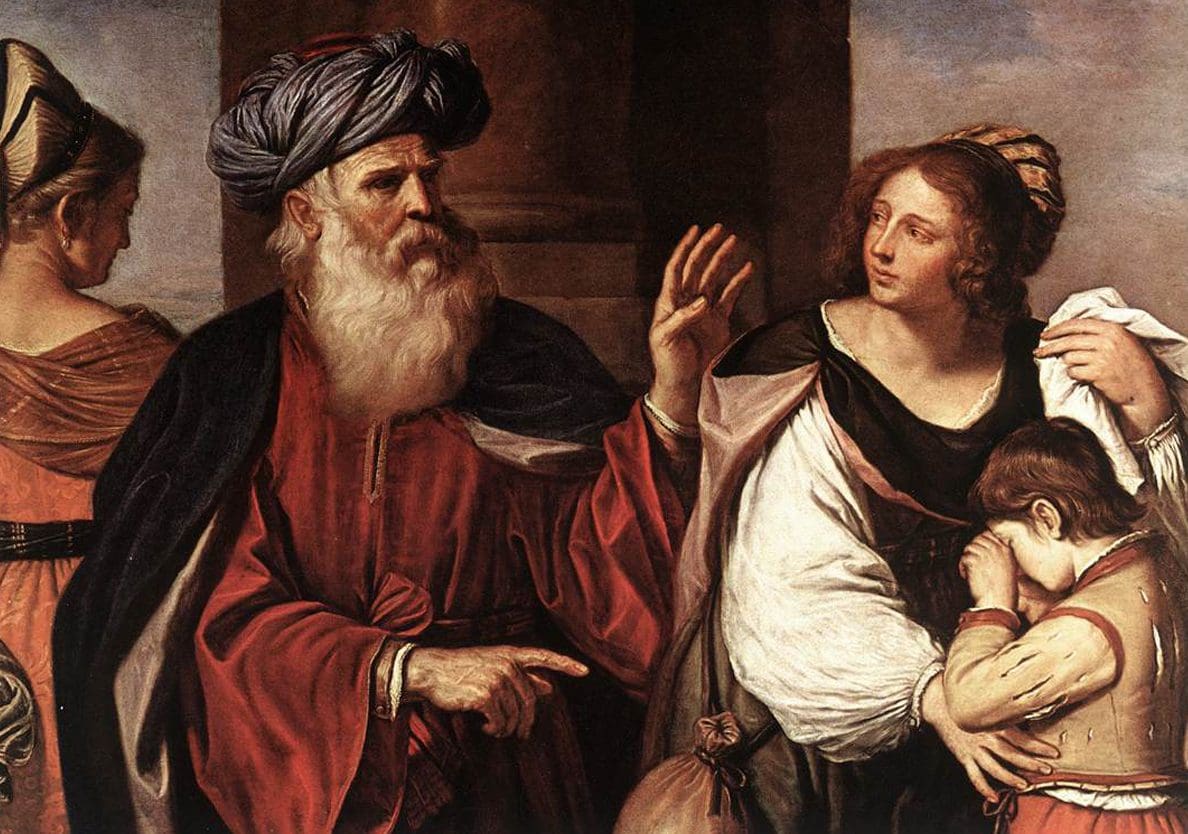
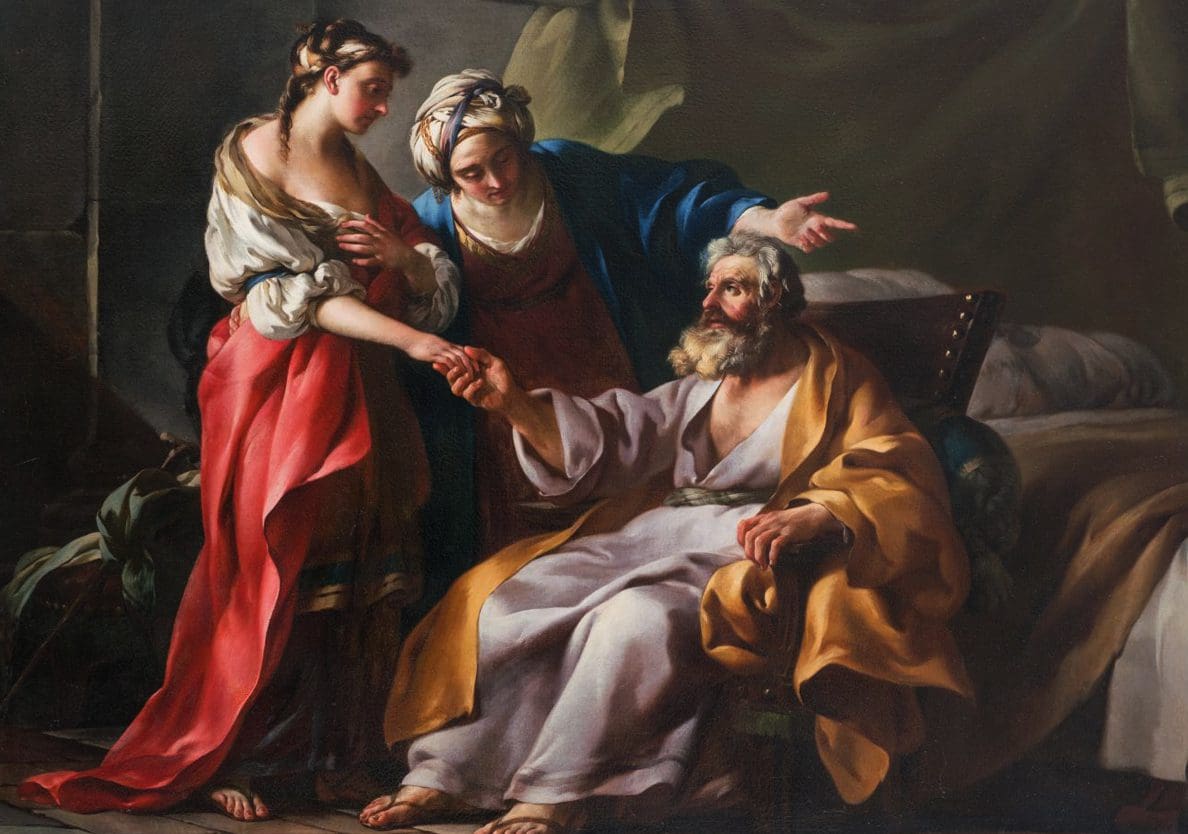
It is worth noting that just because the Bible shows God working in this type of society does not mean that it is endorsing this society. We are not expected to adopt a patriarchal system for our own. God’s added legislation of this system in the Law of Moses should be seen as God further limiting this structure, He added His morality to an already existing system. In fact, God directly contradicting the patriarchal system’s expectations is often seen in the Old Testament. It is part of Him confounding the wisdom of man (1 Corinthians 1:27).
For example, God routinely choses and elevates a younger born over the firstborn. Think Isaac, Jacob, Joseph, Ephraim, and David. All of these were those who should not have become leaders within the patriarchal societal structure and yet, we’re told that God sees the heart of mankind while man only looks at the outside (1 Samuel 16:7). And He in these cases and more, He forced this patriarchal society to think and operate outside of its structure.
God is not endorsing the structure, but working despite it, just as He can do for each of us.

Corie Bobechko is a daily co-host, speaker, and writer of Bible Discovery. She also hosts a YouTube channel that shows how history and archaeology prove the Bible. Her heart for seekers and skeptics has led her to seek truth and share it with others. Corie also has a Bachelor of Theology from Canada Christian College.



